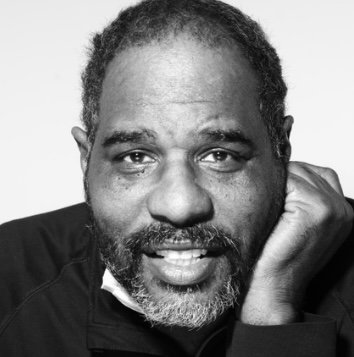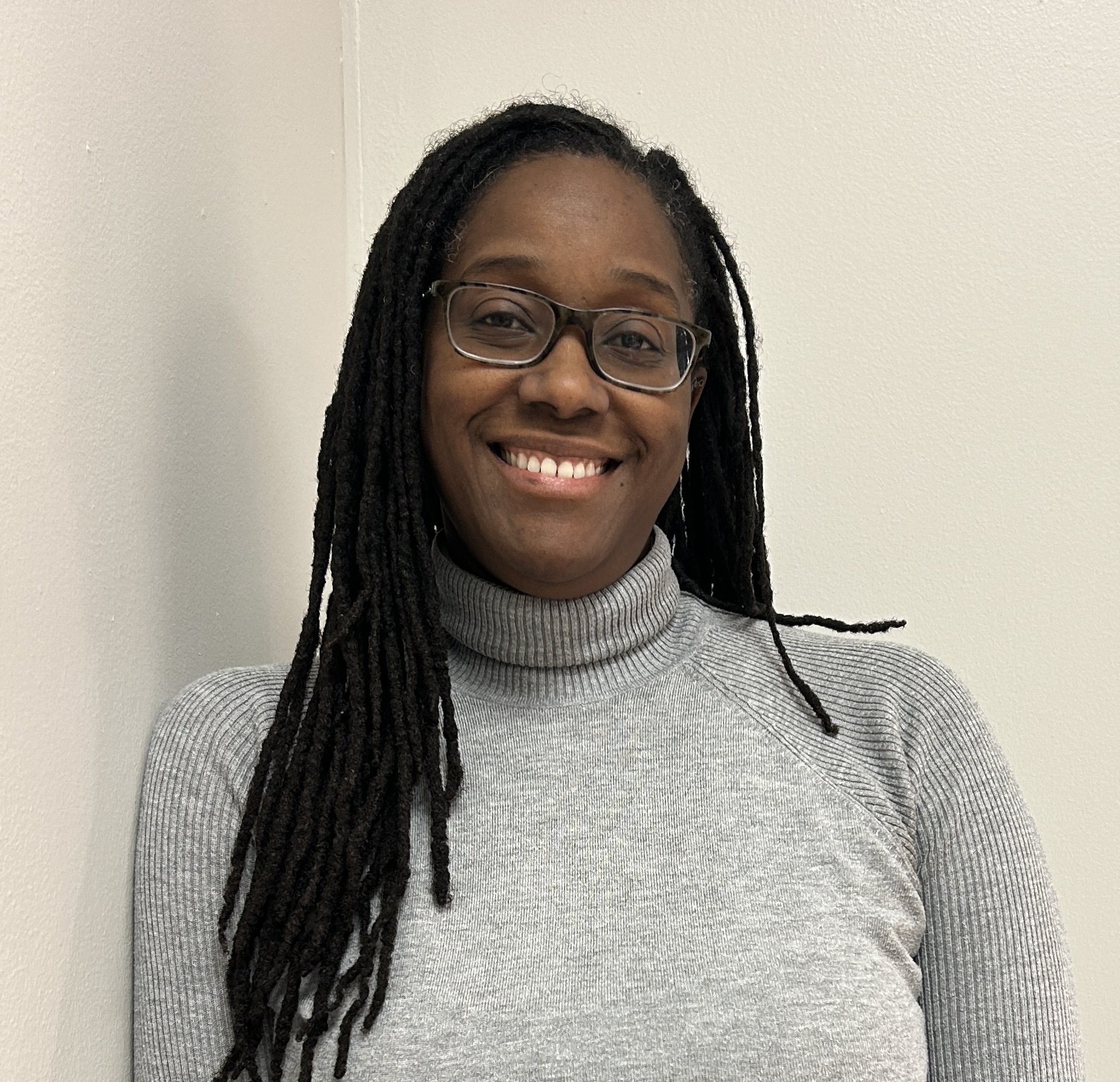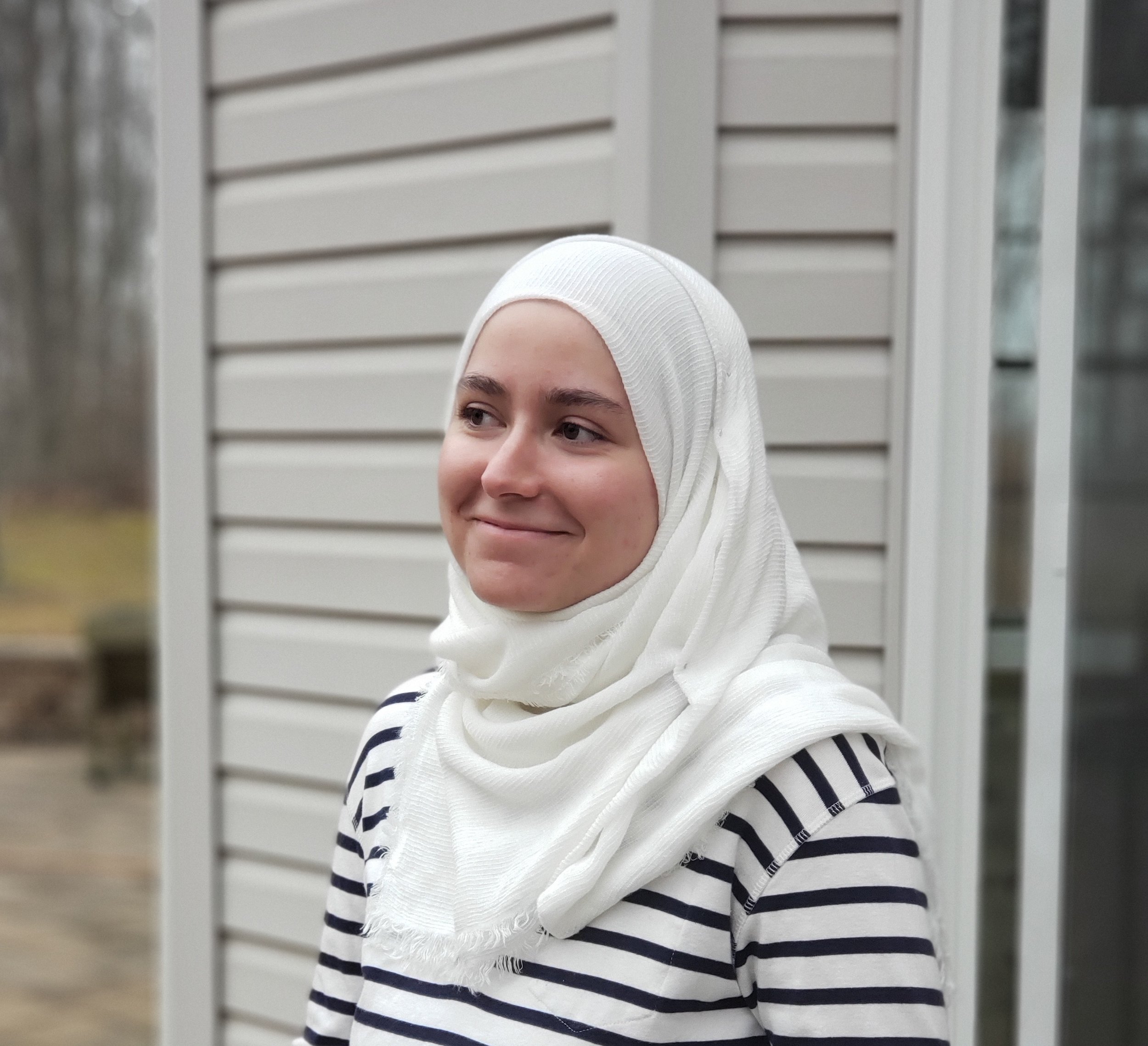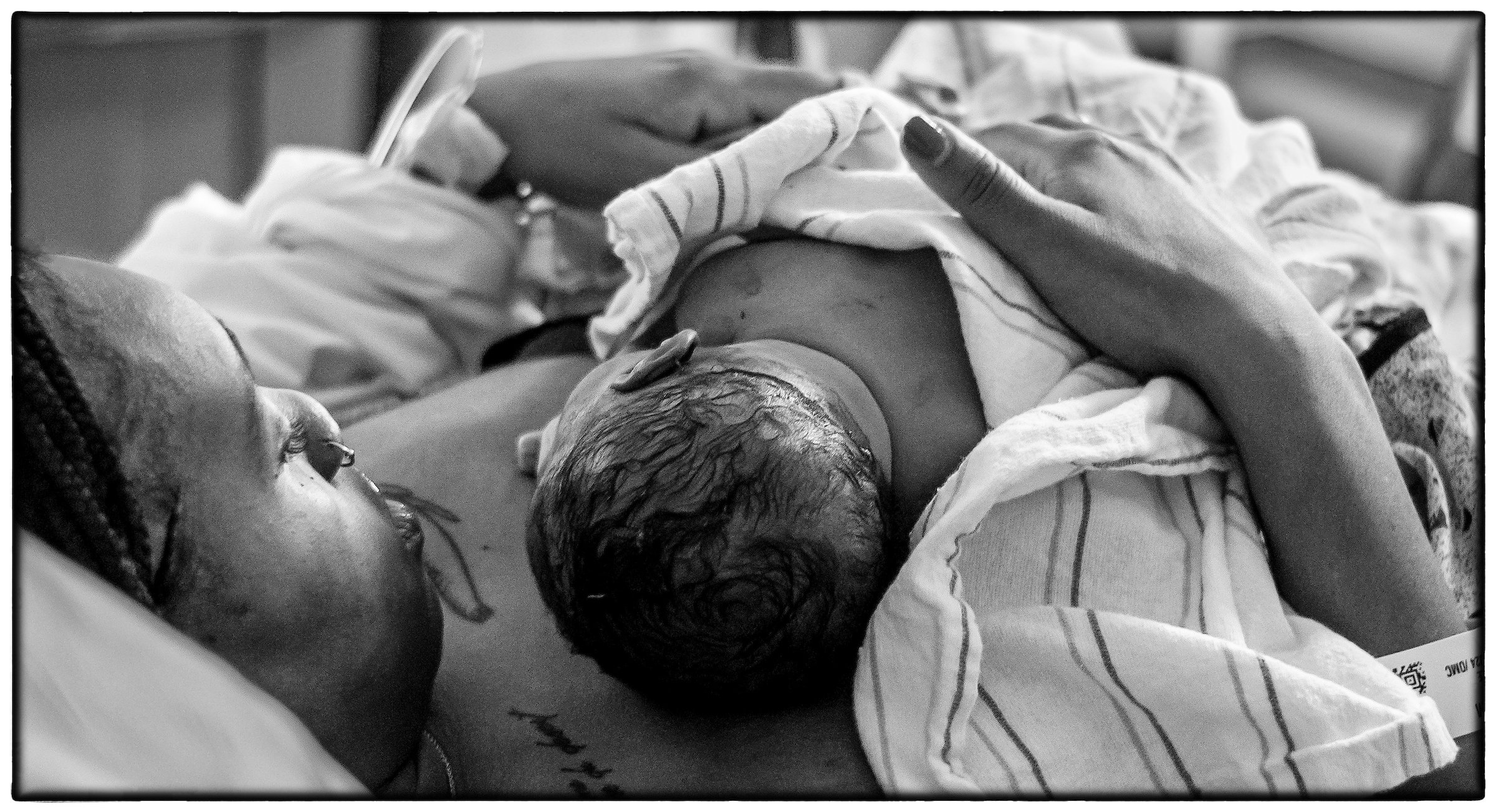Our Award Winning Journalists

Brian Branch-Price

Renee Johnston

Emma Uk

Zoe Van Gelder

Ishani Bakshi

Esther Paul
Brian Branch-Price
2025 Center for Cooperative Media and the NJ New Commons: Excellence in NJ Local News Award
2024 NJSPJ: Excellence in Journalism 1st Place Best in News Photography Award
Zoe Van Gelder & Ishani Bakshi - 2024 Corporation for New Jersey Local Media Impact in Student Journalism Award
Esther Paul - 2023 Excellence in Journalism Best Sports Feature (Digital)
Emma Uk
2025 Center for Cooperative Media and the NJ New Commons: Excellence in NJ Local News Award
2023 NJSPJ Excellence in Journalism Amiri Baraka Award for Best Coverage of Cities and Suburbs (Digital)
Renee Johnston - 2025 Center for Cooperative Media and the NJ New Commons: Excellence in NJ Local News Award
Subscribe to Public Square Amplified.
Your community is us.













